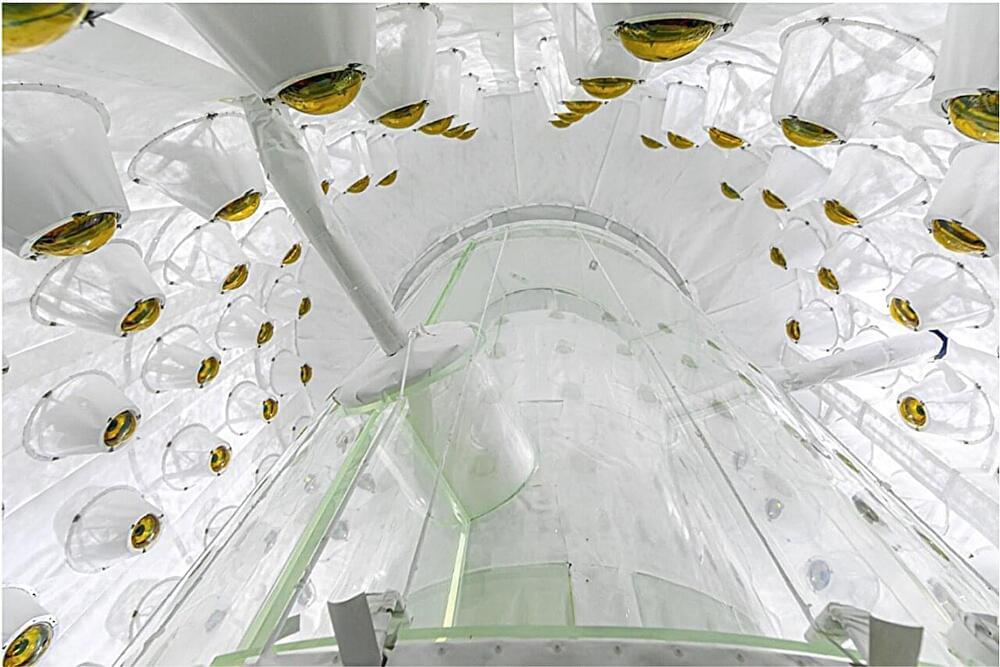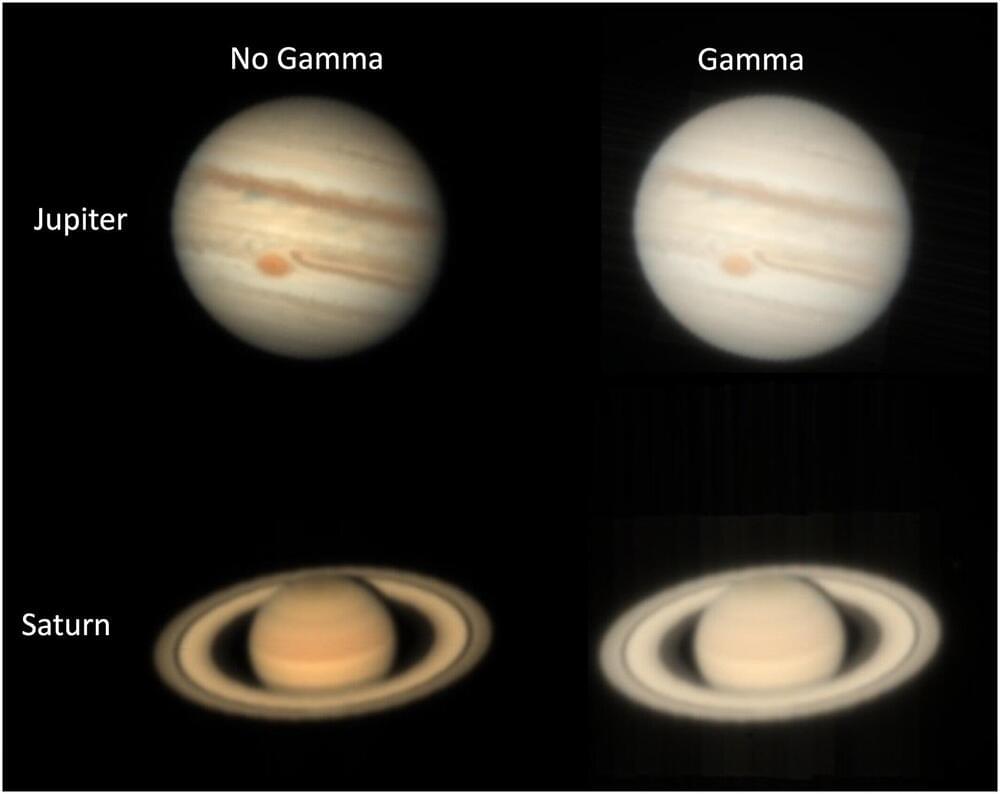Shaping The Culture & Conduct Of Science — Dr. Marcia McNutt Ph.D. — President, National Academy Of Sciences
Dr. Marcia McNutt, Ph.D. is President of the National Academy of Sciences (https://www.nasonline.org/directory-e…), where she also chairs the National Research Council, the operating arm of the National Academies of Sciences, Engineering, and Medicine, and serves a key role in advising our nation on various important issues pertaining to science, technology, and health.
From 2013 to 2016, Dr. McNutt served as editor-in-chief of the Science journals.
Dr. McNutt is a geophysicist who prior to joining Science, was director of the U.S. Geological Survey (USGS) and science adviser to the United States Secretary of the Interior from from 2009 to 2013. During her tenure, the USGS responded to a number of major disasters, including earthquakes in Haiti, Chile, and Japan, and the Deepwater Horizon oil spill.
Dr. McNutt led a team of government scientists and engineers at BP headquarters in Houston who helped contain the oil and cap the well. She directed the flow rate technical group that estimated the rate of oil discharge during the spill’s active phase. For her contributions, she was awarded the U.S. Coast Guard’s Meritorious Service Medal.





